Letters from Japan: Quick Fixes From The Pharmacy
Ask Hilary: Questions From Readers Answered
Savvy Tokyo's resident "Love in Japan" columnist, Hilary Keyes, answers anonymous questions from readers on everything from dating in Japan to women’s health issues. Got a question you’d like to ask Hilary? Email it to editorial@gplusmedia.com with the subject "Ask Hilary."
I’ve gotten more than a few messages on my Facebook and Instagram asking for advice on different products from Japanese drug stores, so rather than a single email, I’m answering them all here this month. If you’re having trouble with UTIs or need some over-the-counter medicine, check out this article, while those dealing with acne and lip troubles should check out this article.
Please remember though, that anything featured in this article is NOT meant to treat a serious medical condition. If you have allergies or sensitivities to anything, be sure to speak to your doctor or the pharmacist on hand before buying and using any products.
Skin Troubles Of All Kinds
I’ve got these rough red patches on my hands and wrists. I keep exfoliating them and have tried all these different lotions, but my hands still look awful.
Stop! It sounds like you either have contact dermatitis or are experiencing extreme dryness (probably from hand washing/alcohol sanitizers). First things first, go see your doctor to rule out any medical conditions, allergic reactions or dermatitis.
If that’s not the issue, then they might give you a steroid cream to treat the irritation on your hands, or they might tell you to get something called hibikea (ヒビケア) from the pharmacy. It’s basically a light steroid cream you can apply to cracked, red, sore hands. You can apply it several times a day and only to the affected areas, and should see some improvement in a day or two.
Another thing you might want to do is try putting on a heavy hand cream (like Yuskin, Vaseline, or Kiehl’s extra strength type) and wearing cotton gloves when you sleep. A lot of Japanese women have recommended that to me over the years for similar issues with my hands in the winter.
I am covered in scars (pet cats, bouldering, drunken mishaps). There was a cream I used in the States, but is there anything similar in Japan?
Yes! I’ve had a lot of success with Attonon EX Gel (アットノンEX ジェル). It also comes in cream form, but the gel seems to be the preferred type of everyone I’ve spoken to. It works exactly like the brands available overseas. It doesn’t hurt, and consistent use will turn dark scars into paler versions of themselves, or if you’re lucky and the scar isn’t too deep, it might make them practically invisible.
I have warts on the side of my feet, but given the circumstances, I don’t feel comfortable going to a doctor about them. Is there anything I can do for now?
Aw, and right at the start of sandal season too. I used to have a neighbor that was very open about his health issues (as you do at 90 years of age) and he told me that no matter what a doctor tried, the only thing that ever worked for him was Ibokorori Eki (イボコロリ液).
It’s a salicylic acid that you apply to a wart (or corns and calluses) to break down the skin and remove it. Just dab some on the bump, put a bandage over top and you’re good to go. If you’d prefer a patch-type Yokoyama Seiyaku, the company that makes ibokorori eki, also makes medicated bandages that you can apply over the wart if you prefer. It takes time to get rid of a wart, but according to my old neighbor, that stuff did the trick 10 out of 10 times.
No matter how often I wash, my skin doesn’t feel like it ever gets clean. My skin just feels rough and gross.
The water in Tokyo tends to be on the harder side of the scale and does have a fairly high amount of chlorine in it, which could be affecting your skin.
Have you tried using a different brand of soap or maybe gone back to an overseas brand? I used to live in an apartment with very old pipes, and the only soap that made my skin feel better was a plain bar of Ivory soap. You can find those at most Don Quijote locations, or online. Another option is to try using a liquid body soap with moisturizers in it, such as Dove brand ones, or if you don’t mind spending a little more, Fruiser Double Moisturizing Body Soap seems to work really well too.
The water in Tokyo tends to be on the harder side of the scale
If you haven’t been using one, you should give a Japanese washcloth a try, as they’re good for gentle exfoliation. Or if you have been, maybe try one of the slightly rougher (typically branded as “made for men”) washcloths instead.
Of course make sure to put some lotion on afterward, to prevent dryness and help smooth your skin. Any of the body creams or lotions available at your nearest pharmacy should help, or you can splurge and get a really nice one from Lush or the Body Shop.
The Power of Painkillers
I’ve got chronic pain in my arm/back/shoulder from work/sports/a car accident. I’ve been told to try muscle patches or creams, but they’re not helping much. Any advice?
Fundamentally speaking, Japanese painkillers are not on the same level as Western ones. Anything opioid-based is illegal in Japan, or only available post-surgery (typically only intravenously too) or is heavily regulated by doctors.
Most patches and so on tend to rely on menthol or heat to warm the skin and the muscles underneath (and leave you smelling minty fresh). They do contain painkillers, but at an extremely low percentage in order to prevent accidental overdose. For minor muscle pain or recent sprains/strains, these patches/creams are ideal. They work quickly and are relatively cheap.
Japanese painkillers are not on the same level as Western ones
However, if your pain is chronic or one that would require anything stronger than extra strength OTC pills overseas, you’ll have to get checked by a doctor and will need a prescription for anything stronger. That will of course mean having to prove your pain level, possibly going to physiotherapy, and otherwise having your Japanese doctor exhaust all possible means of keeping you off any medications.
If you’re willing to do a little research and are good at following very strict rules, then you might consider trying CBD oil. You can learn more about its uses and availability in Japan here.
Looking for Specific Supplements
My local pharmacy sells a lot of DHC and Fancl supplements, but I’m having trouble finding things like St. John’s wort, echinacea, etc. Where can I find them?
Most pharmacies have entire aisles dedicated to supplements of all kinds, so it might take some intense hunting and dictionary use in order to find what you want.
While major brands like DHC and Fancl only have Japanese on their packages, Dear Natura and Nature Made have some English on their bottles. Usually they have the name in English and the rest of the label in Japanese. The latter two brands also tend to be grouped together on lower shelves, so you might have overlooked them in your quest.
Larger pharmacies also tend to carry wider selections of supplements by all makers, so it might be better to check the shops at your closest major station as well. You’ll need to look up/write down the names of the types of supplements you’re after in katakana and ask your pharmacist for some help. DHC does sell St. John’s wort (セントジョーンズワート) in 4 tablets a day 30-day packages and echinacea (エキナセア) in 3 tablets a day 30-day packages. If you have a dedicated DHC or Fancl store in a shopping center near you, they may have these in-store instead.
That being said, some types of supplements aren’t as commonly used here as they are overseas, and you will probably have to order them from the manufacturer’s website or via Rakuten and Amazon Japan. If you do a search in English on Amazon Japan, for example, they’ll translate it into Japanese for you.

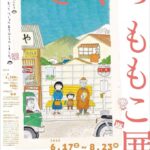
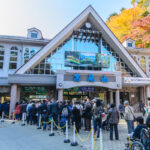
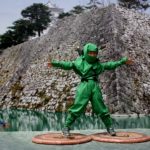

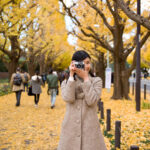






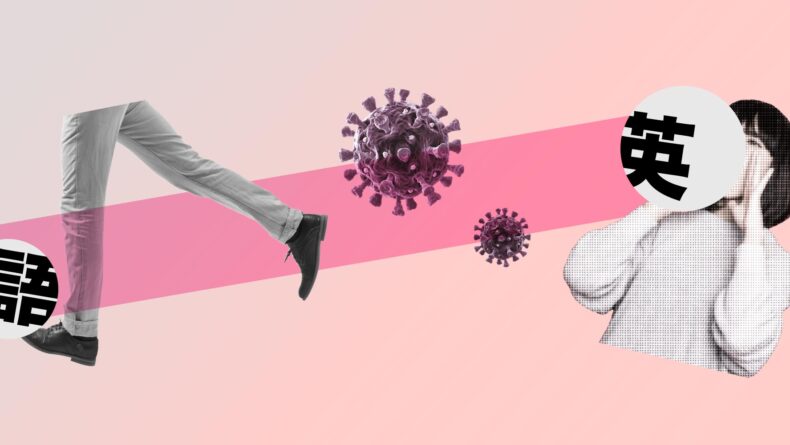
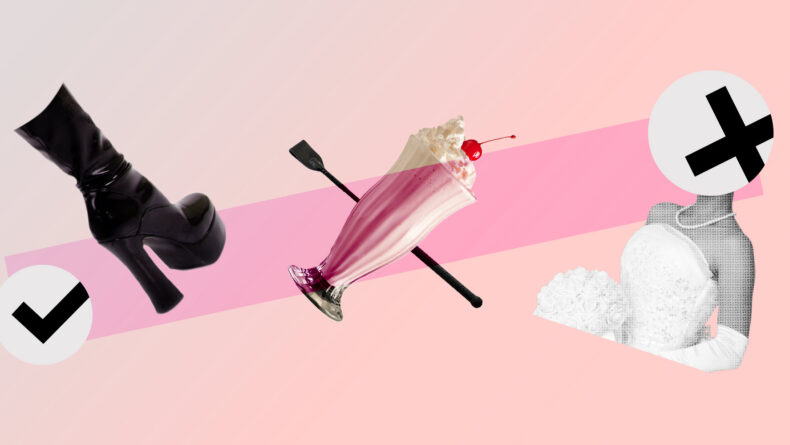
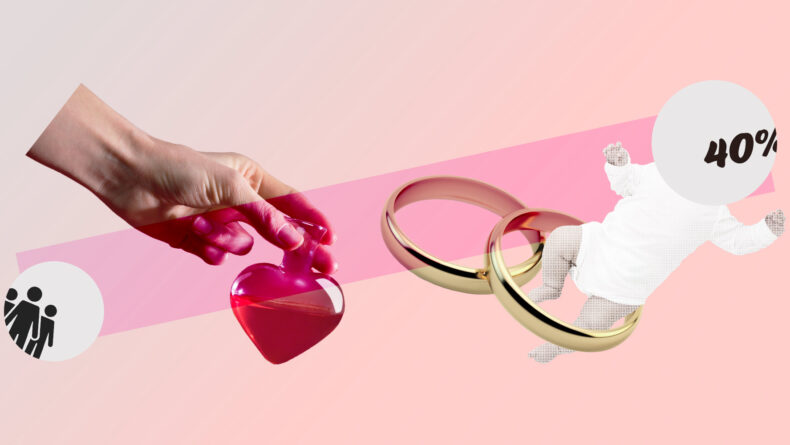

Leave a Reply